Introduction
When it comes to building muscle, one of the most crucial components of your diet is protein. Natural protein sources are not only packed with the essential amino acids your body needs to repair and grow muscle, but they also come with additional nutrients that support overall health. In this article, we will explore the 10 best sources of natural protein for building muscle, detailing their benefits, nutritional profiles, and how to incorporate them into your diet.
What is Protein and Why is it Important?
Definition of Protein
Protein is a macronutrient composed of amino acids, which are the building blocks of your body's cells and tissues. It's essential for repairing tissue, making enzymes and hormones, and building muscle.
Role in Muscle Building
When you work out, especially during strength training, your muscle fibers undergo small tears. Protein helps repair these tears, leading to muscle growth and increased strength.
Benefits of Natural Protein Sources
Natural protein sources not only provide the necessary amino acids but also supply vitamins, minerals, and healthy fats that support overall health and well-being. They are typically less processed and contain fewer additives compared to protein supplements.
Top 10 Natural Protein Sources for Building Muscle
1. Chicken Breast
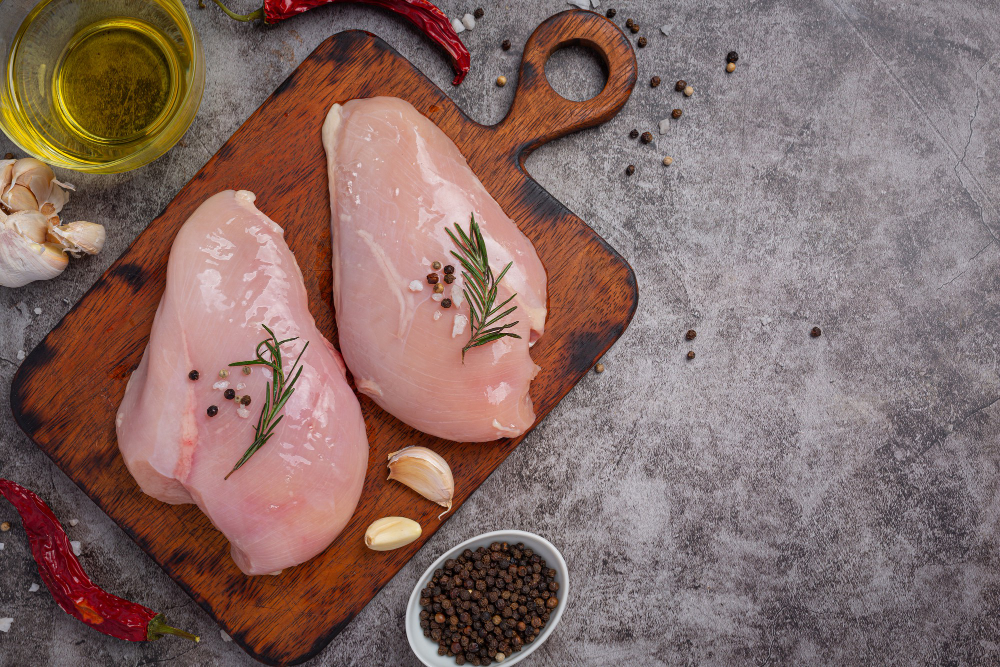
Nutritional Profile
Chicken breast is a lean source of protein, offering about 31 grams of protein per 100 grams, with very little fat.
Benefits for Muscle Building
Rich in high-quality protein and low in fat, chicken breast is perfect for those looking to build lean muscle. It also contains essential vitamins like B6 and niacin, which support energy metabolism.
Cooking Tips
Grill, bake, or sauté chicken breast with your favorite herbs and spices. Pair it with vegetables and whole grains for a balanced meal.
2. Eggs
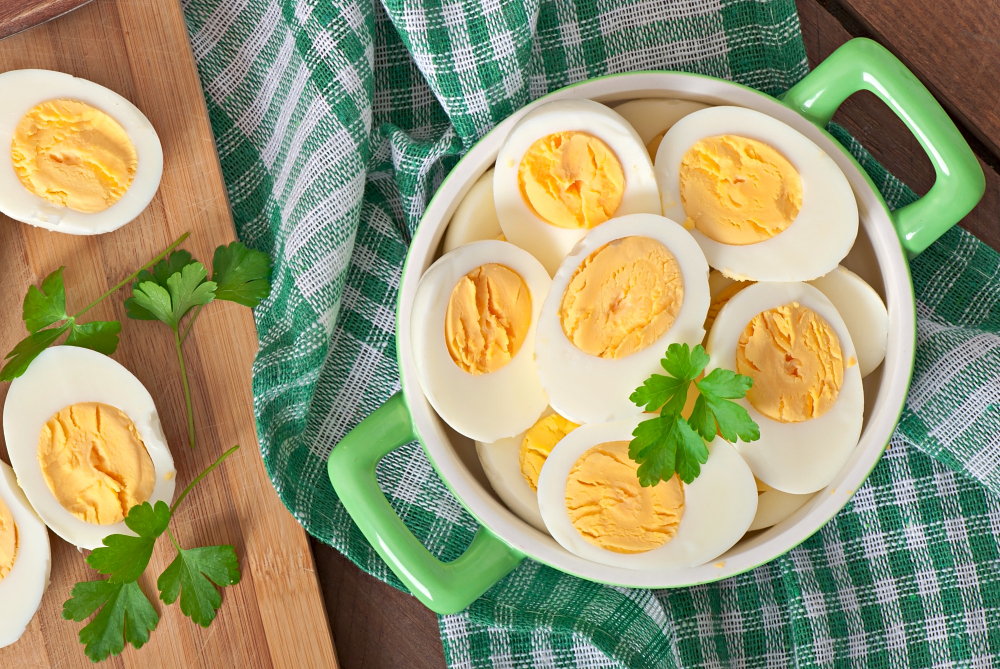
Nutritional Profile
One large egg provides about 6 grams of protein, along with essential nutrients like vitamin B12, riboflavin, and selenium.
Benefits for Muscle Building
Eggs are a complete protein source, meaning they contain all nine essential amino acids. They also have healthy fats that help with hormone production, crucial for muscle growth.
How to Include in Your Diet
Enjoy eggs scrambled, boiled, poached, or as part of an omelet. They make an excellent breakfast or post-workout meal.
3. Greek Yogurt
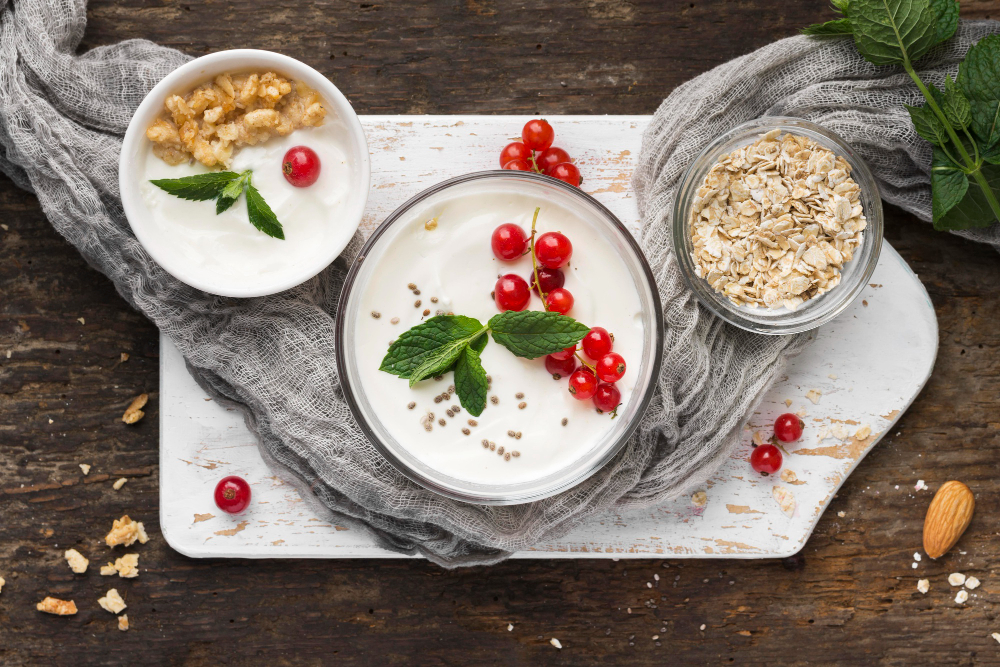
Nutritional Profile
Greek yogurt typically contains around 10 grams of protein per 100 grams. It’s also rich in calcium and probiotics.
Benefits for Muscle Building
The high protein content supports muscle repair, while the probiotics aid in digestion and nutrient absorption.
Best Ways to Eat Greek Yogurt
Eat it plain, or mix with fruits, nuts, and honey for added flavor and nutrients. It’s a versatile ingredient for smoothies and parfaits.
4. Lean Beef
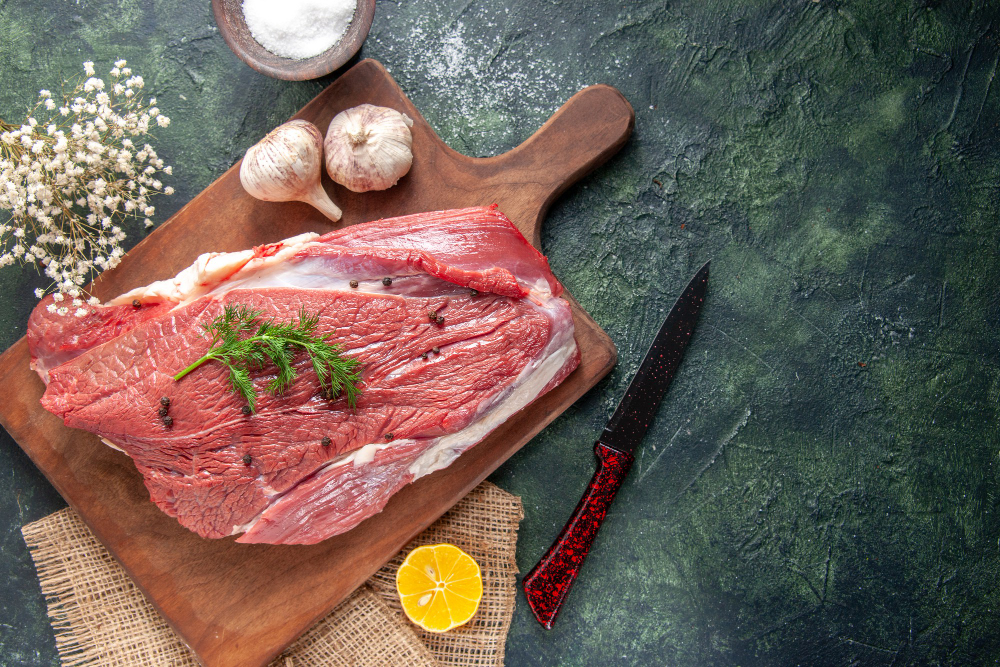
Nutritional Profile
Lean beef provides approximately 26 grams of protein per 100 grams. It’s also a good source of iron, zinc, and vitamin B12.
Benefits for Muscle Building
Beef is rich in creatine, which helps in energy production during workouts. Its high protein content aids in muscle growth and repair.
Cooking Tips
Opt for cuts like sirloin or tenderloin. Grill or roast beef with minimal oil and pair with vegetables for a nutritious meal.
5. Salmon
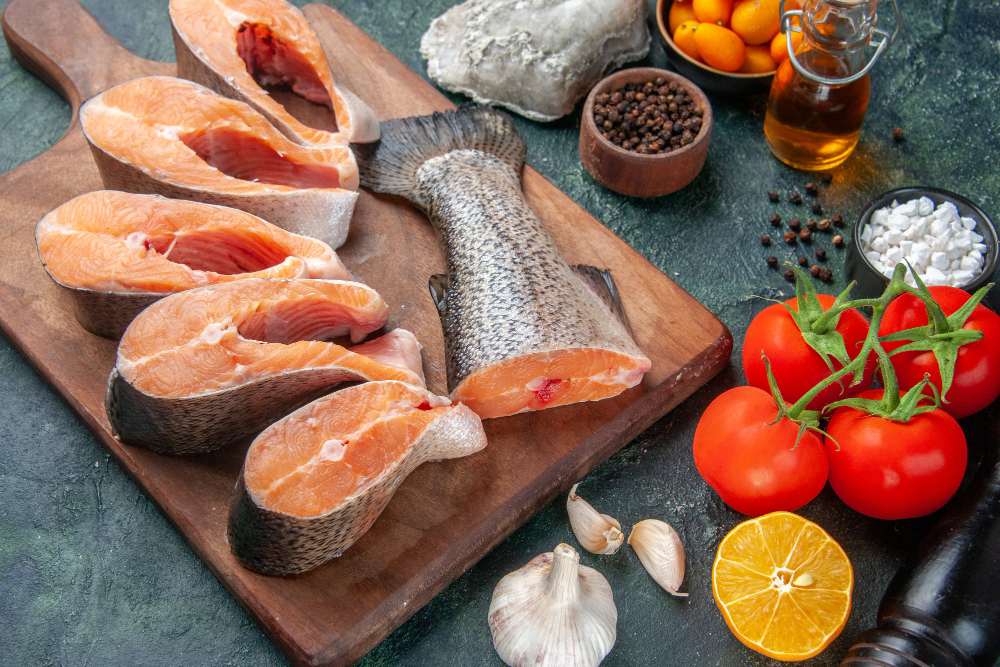
Nutritional Profile
Salmon offers about 20 grams of protein per 100 grams and is rich in omega-3 fatty acids, vitamin D, and selenium.
Benefits for Muscle Building
The omega-3s in salmon reduce muscle inflammation and support recovery. Its high-quality protein aids in muscle growth.
Recipe Ideas
Bake, grill, or pan-sear salmon with herbs and a squeeze of lemon. Serve with a side of quinoa or salad.
6. Cottage Cheese
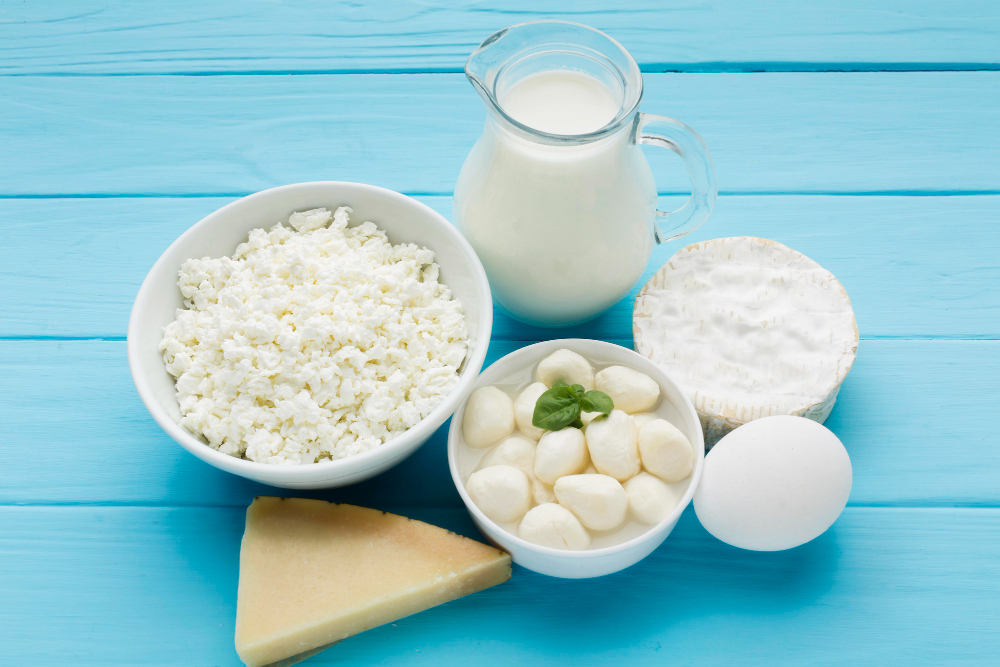
Nutritional Profile
Cottage cheese contains around 11 grams of protein per 100 grams and is rich in calcium and casein protein.
Benefits for Muscle Building
Casein is a slow-digesting protein that helps maintain a steady supply of amino acids to the muscles, ideal for nighttime recovery.
How to Include in Your Diet
Eat it as a snack, or mix with fruits and nuts. It can also be added to smoothies or used as a spread.
7. Quinoa
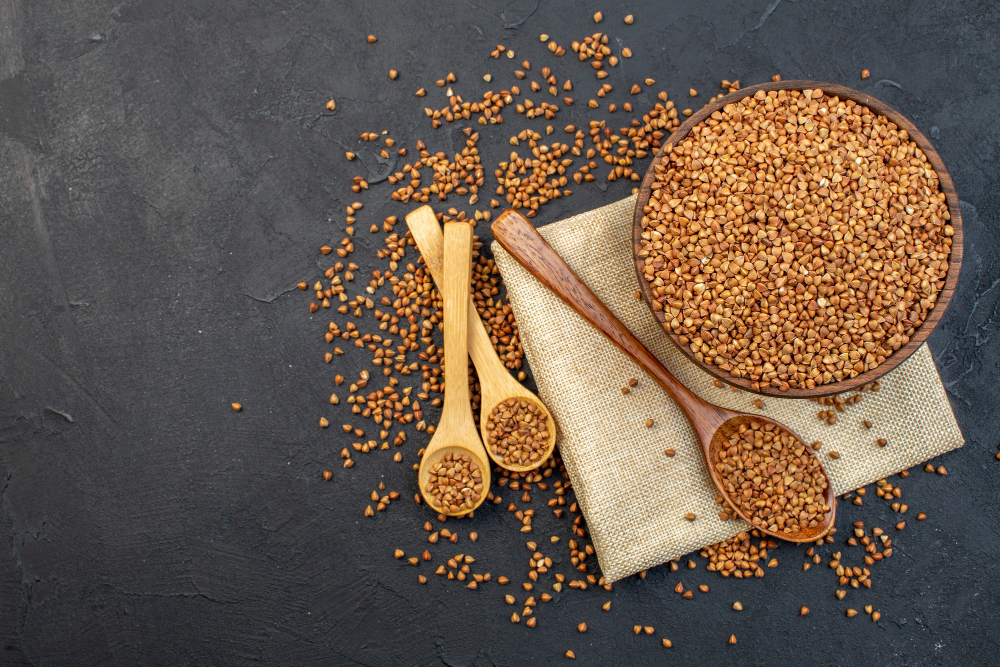
Nutritional Profile
Quinoa provides about 4 grams of protein per 100 grams and contains all nine essential amino acids, making it a complete protein source.
Benefits for Muscle Building
In addition to protein, quinoa is rich in fiber, magnesium, and iron, supporting overall health and muscle function.
How to Cook Quinoa
Cook it like rice, using two parts water to one part quinoa. Use it as a base for salads, bowls, or as a side dish.
8. Lentils
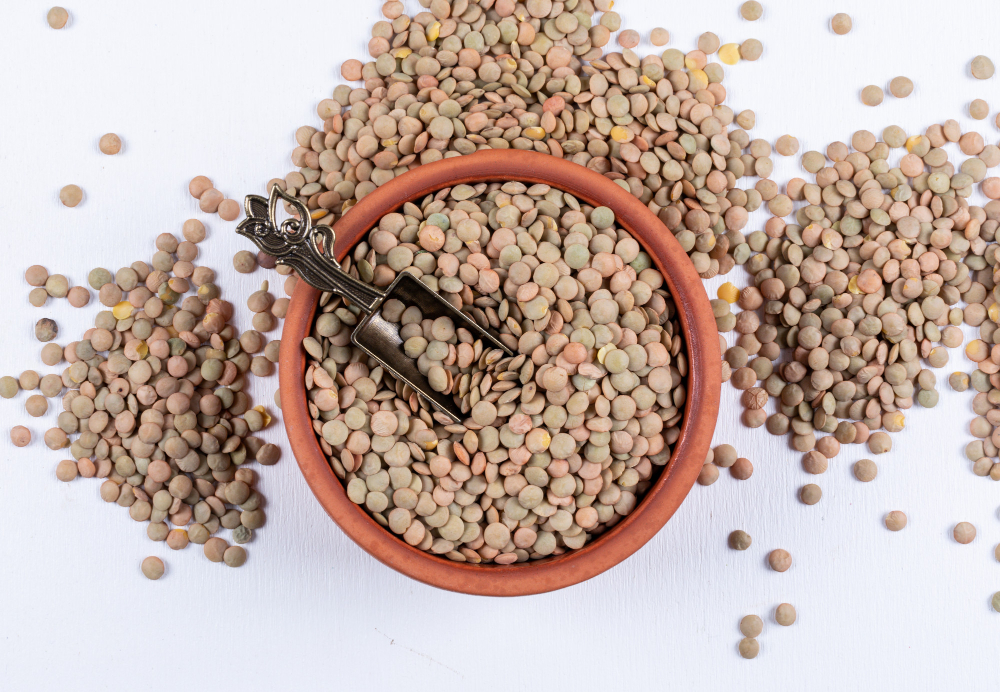
Nutritional Profile
Lentils offer around 9 grams of protein per 100 grams and are high in fiber, iron, and folate.
Benefits for Muscle Building
Lentils provide plant-based protein along with complex carbohydrates, giving you sustained energy for workouts.
Recipe Ideas
Add lentils to soups, stews, or salads. They can also be used as a base for veggie burgers or in curries.
9. Almonds
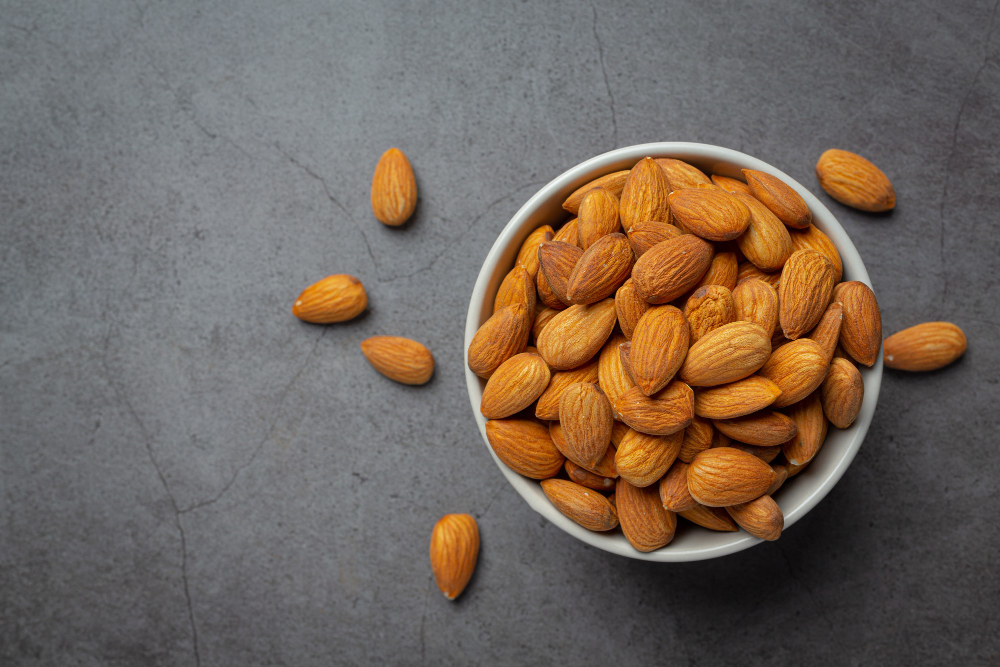
Nutritional Profile
Almonds contain about 6 grams of protein per 28 grams (a small handful) and are rich in vitamin E, magnesium, and healthy fats.
Benefits for Muscle Building
The protein and healthy fats in almonds support muscle repair and growth. They also make a great snack for sustained energy.
How to Snack on Almonds
Enjoy them raw or roasted. Add to yogurt, oatmeal, or salads, or make your own almond butter.
10. Tofu
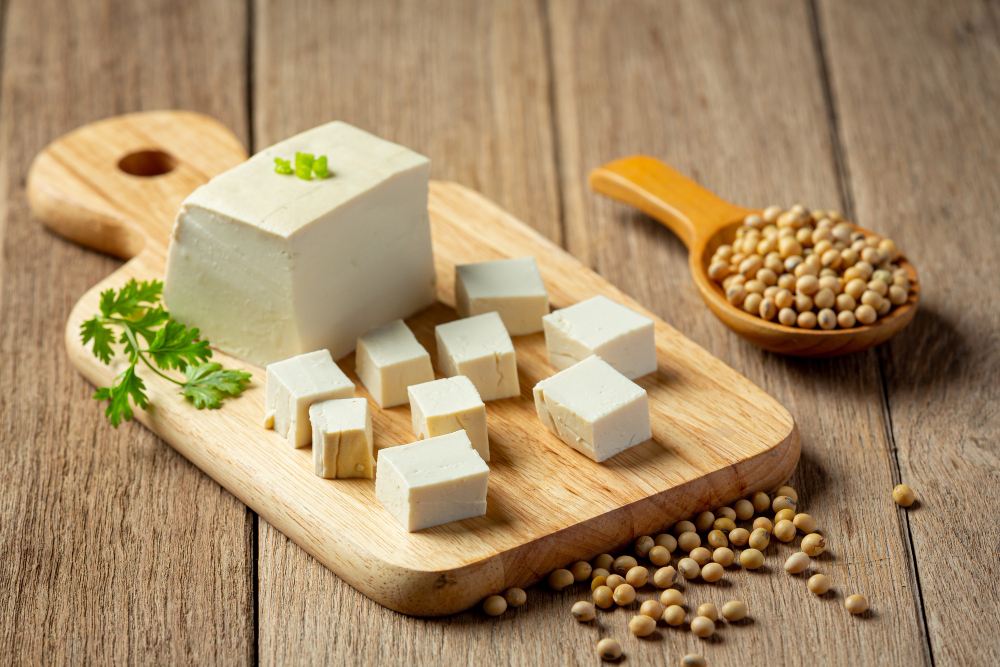
Nutritional Profile
Tofu provides around 8 grams of protein per 100 grams and is a good source of iron, calcium, and other minerals.
Benefits for Muscle Building
Tofu is a versatile plant-based protein that supports muscle growth and is rich in essential amino acids.
Cooking Tips
Marinate and grill, stir-fry with vegetables, or add to soups and salads. Tofu can also be blended into smoothies for an extra protein boost.
Conclusion
Incorporating these top natural protein sources into your diet can significantly support your muscle-building efforts. Each of these foods provides not only the protein needed for muscle repair and growth but also a range of other nutrients that contribute to overall health. By making these protein-rich foods a regular part of your meals, you'll be well on your way to achieving your fitness goals.
FAQs
What is the best source of natural protein?
There isn't a single "best" source as it depends on individual dietary preferences and nutritional needs. However, chicken breast, eggs, and Greek yogurt are often highlighted for their high protein content and additional health benefits.
How much protein do I need daily to build muscle?
The general recommendation is about 1.6 to 2.2 grams of protein per kilogram of body weight per day for those looking to build muscle. This can vary based on factors like age, gender, and activity level.

كيف تم قبول مقالك ارجو الإفادة
المقالة اتقبلت من هذا الكاتب لانها زيد عن الف كلمة ومنسقة بعناوين رئيسية وفرعية وصور حصرية وكله معمول بالذكاء الاصطناعى فى الحالة دى سيتم قبول المقالة فى ظرف 24 ساعة تقريبا وتم قبول اكتر من مقالة لى ولكن الاعلانا لا تظهر حتى بعد تغيير البروكسى بعد ما كانت بظهر مش عارف ليه فهل حد عنده تفسير
استلمت ارباح من الموقع؟
أخذت أرباح يا طارق؟
You must be logged in to post a comment.